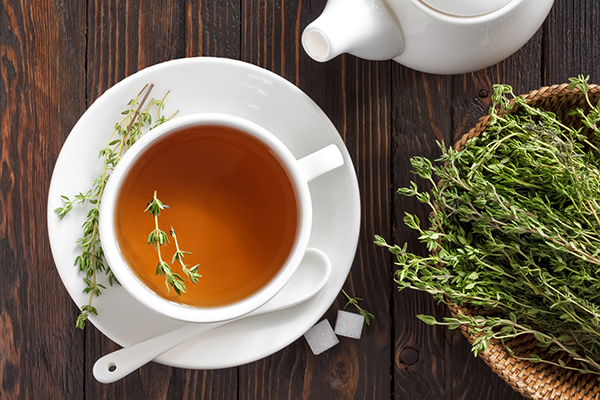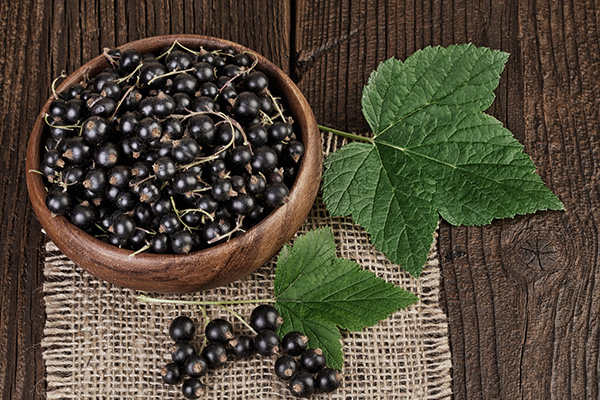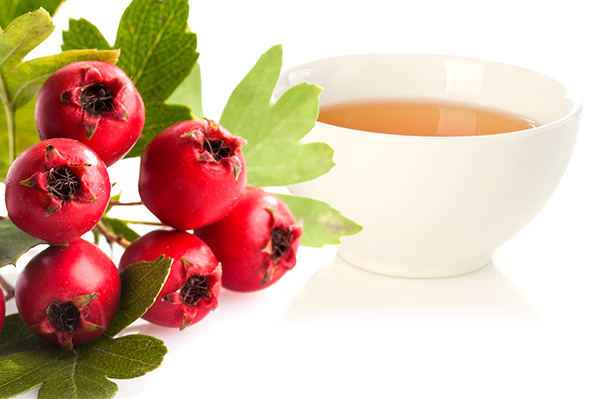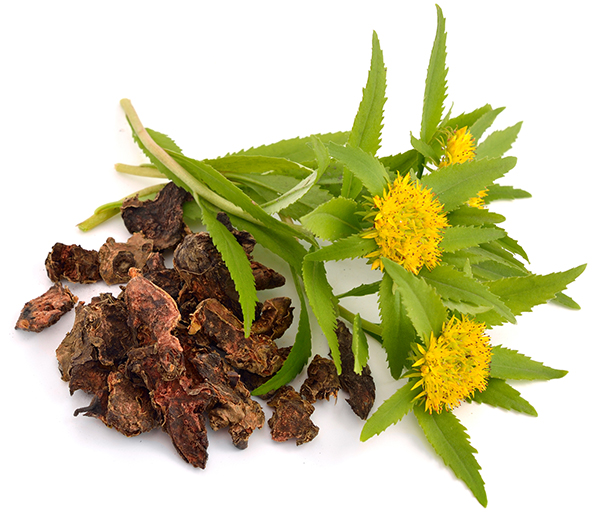Thyme Tea: Benefits, Side Effects, and How to Make It
Thyme tea is a fragrant, soothing beverage made from the leaves of the thyme plant, a perennial in the mint family. Known for its culinary uses, thyme also has a rich history in traditional medicine, and brewing a cup of thyme tea has become a popular way to harness its potential health benefits.

Potential Health Benefits of Thyme Tea
Thyme tea isn’t just pleasing to the palate—it may also bring a bouquet of health benefits.
Antioxidant Properties
Thyme is rich in antioxidants, compounds that can help protect your cells from damage. Drinking thyme tea regularly could potentially bolster your body’s defenses against oxidative stress, thereby promoting overall health.
Supports Digestive Health
Thyme has traditionally been used to aid digestion. The herb may help soothe upset stomachs, alleviate gas, and potentially reduce the discomfort associated with irritable bowel syndrome (IBS).
Respiratory Health
For centuries, thyme has been used to support respiratory health. It may help relieve coughs and symptoms of bronchitis. It’s also believed to have antispasmodic properties, helping to relax the respiratory tract.
May Boost Immune System
Thyme is rich in vitamin C and a variety of other immune-supporting compounds. Regular consumption of thyme tea might strengthen your immune system, helping you ward off common illnesses.
Thyme Tea Side Effects
Although thyme tea is generally considered safe for consumption, there are potential side effects you should be aware of.
Allergic Reactions
People with an allergy to thyme or related herbs may experience allergic reactions, including skin irritation, swelling, and difficulty breathing.
May Interact with Certain Medications
Thyme tea might interact with certain medications, particularly those related to blood clotting.
Possible Hormonal Effects
Thyme contains compounds that could mimic estrogen. Women with hormone-sensitive conditions should use caution when consuming thyme tea.
Who Should Not Drink Thyme Tea?
People allergic to thyme, pregnant women, those on blood-thinning medications, and women with hormone-sensitive conditions should consult their healthcare provider before consuming thyme tea.
How to Make Thyme Tea
Brewing a cup of thyme tea is easy:
- Boil water: Start by bringing a cup of water to a boil.
- Add thyme: Add a teabag or one tablespoon of dried thyme to a cup.
- Steep: Pour the boiling water over the thyme and let it steep for about 10 minutes.
- Strain and serve: Remove the teabag or strain the tea, then enjoy it warm. You can add honey or lemon for taste if desired.
Remember to follow the manufacturer’s guidelines if you’re using a store-bought product.
Final Thoughts
Thyme tea is more than just a comforting beverage. Its potential health benefits, from antioxidant properties to respiratory support, make it a promising addition to your wellness routine. As with all herbal teas, moderation is key, and it’s important to be aware of possible side effects.
FAQ
What Does Thyme Tea Taste Like?
Thyme tea has a unique flavor profile that’s both earthy and slightly sweet, with a hint of mint.
When Should I Drink Thyme Tea?
Thyme tea can be enjoyed at any time of the day. Some people find it particularly soothing before bedtime.
How Often Can You Drink Thyme Tea?
While there’s no definitive answer, one to two cups a day is a common recommendation for herbal teas like thyme tea. Always follow the manufacturer’s guidelines if you’re using a store-bought product.
How Long Can You Drink Thyme Tea Safely?
Generally, thyme tea can be consumed regularly as part of a balanced diet. However, if you’re pregnant, nursing, or on certain medications, it’s best to consult with a healthcare provider for personalized advice.
Is Thyme Tea Good for Mucus?
Thyme tea may be beneficial for dealing with mucus. Thyme has been traditionally used as a remedy for respiratory conditions, including coughs and congestion. It is believed to have expectorant properties, meaning it may help the body remove excess mucus.






